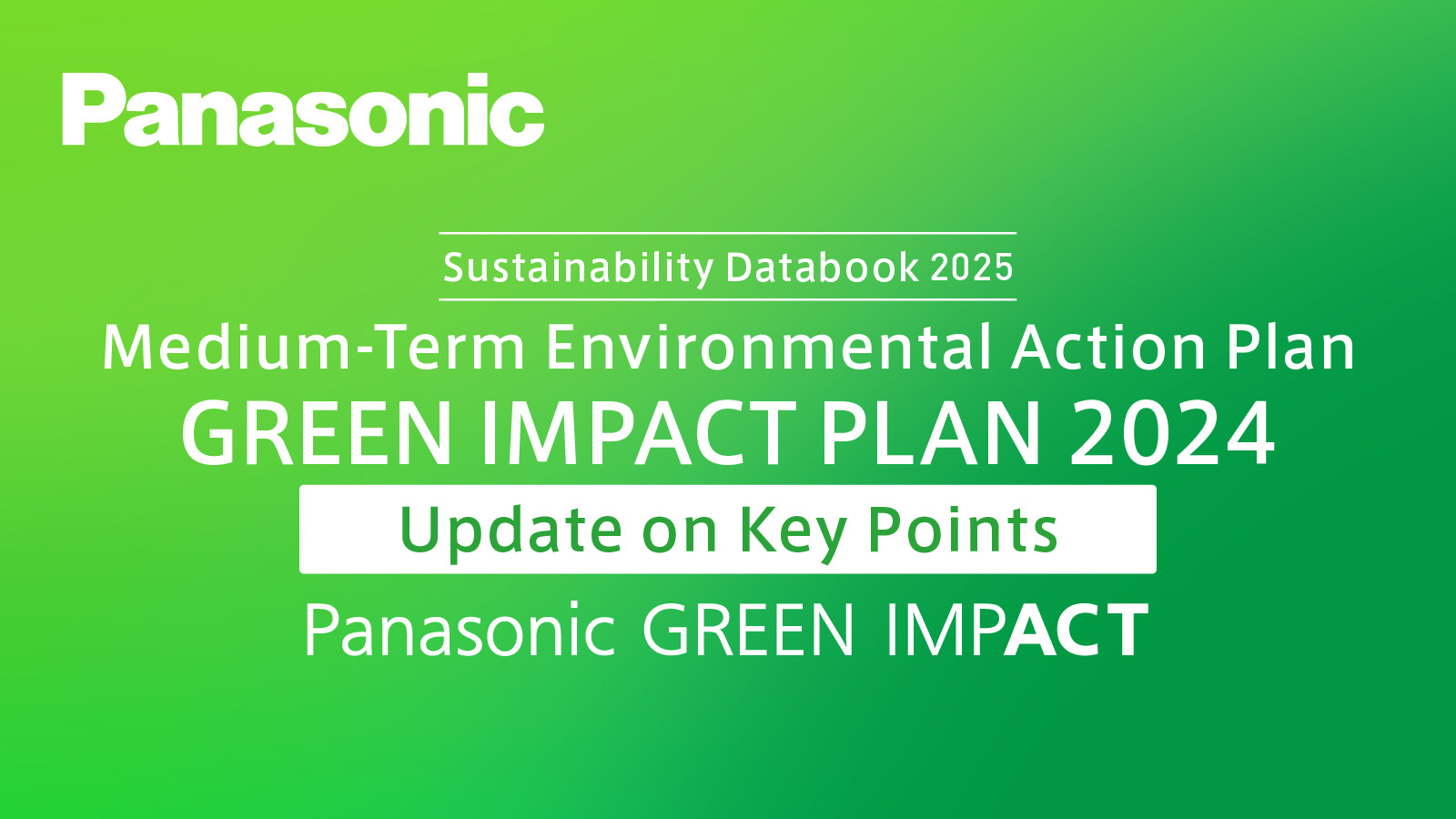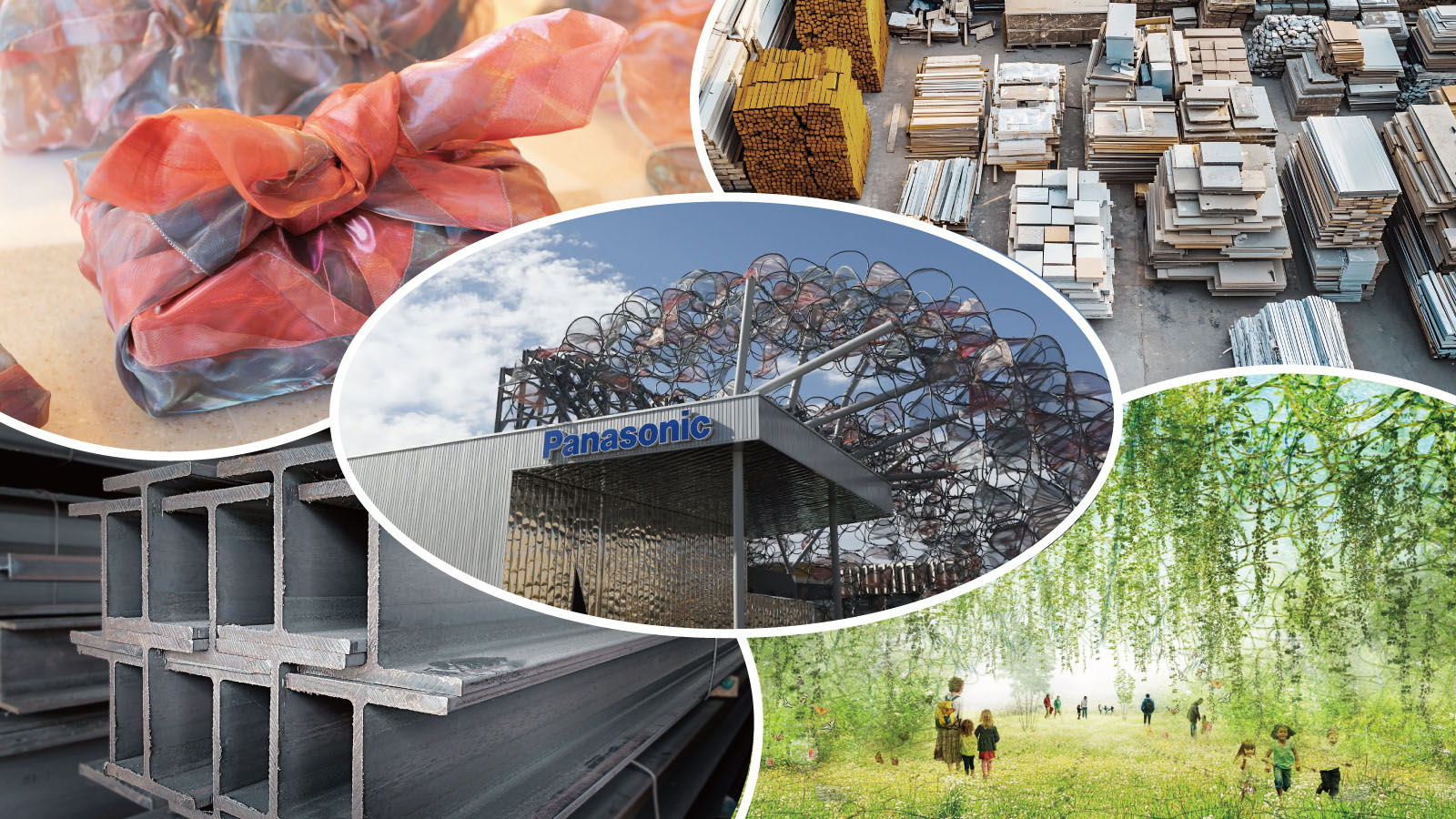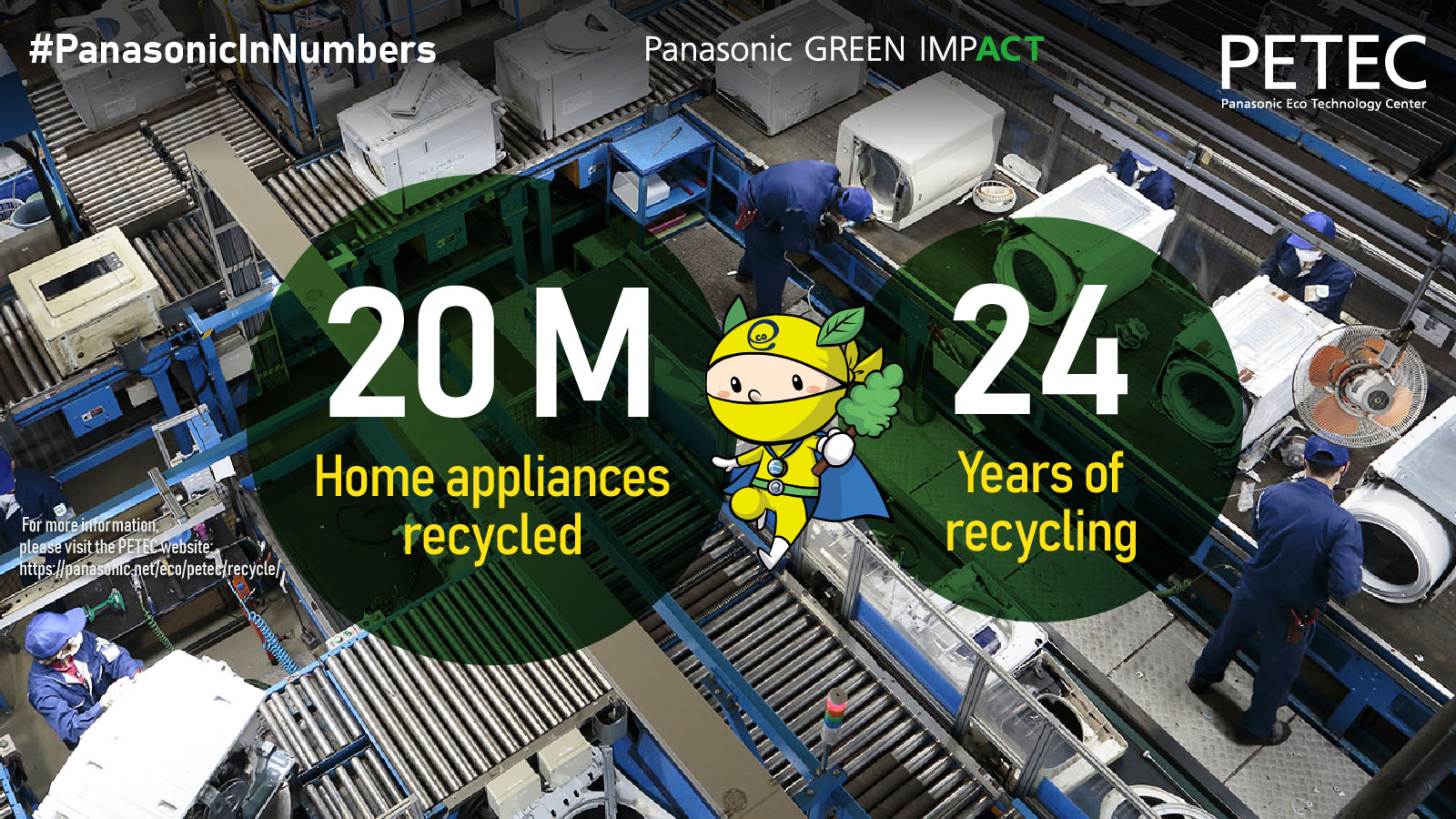In common with other leading companies, Panasonic is at the forefront of global initiatives to reduce CO2 emissions—not only those resulting from its own operations, but those generated through the use of its products by consumers. A key step to achieving these reductions is agreement on common standards of measurement and reporting, especially that of “Avoided Emissions Contributions.”
In support of this, Panasonic announced in October this year that it had joined the World Business Council for Sustainable Development, a body that conducts research into and advocates for progress on relevant economic, environmental and social issues. The company subsequently took part in the Global Green Transformation Conference 2022, hosted by Japan’s Ministry of Economy, Trade and Industry in Tokyo.
See here for further details.












